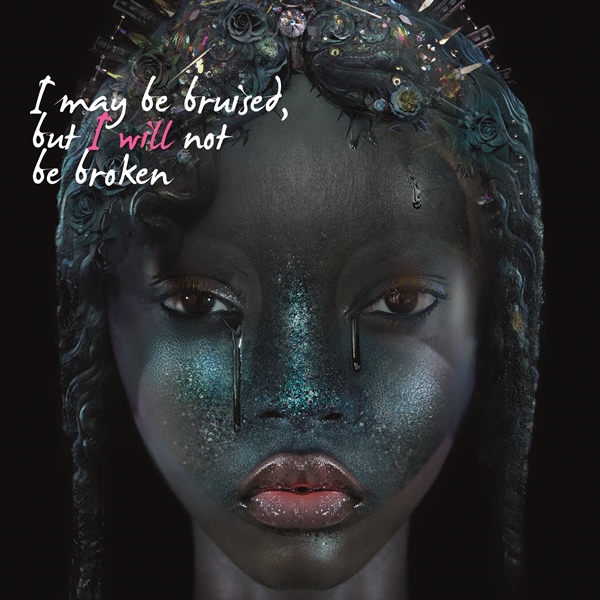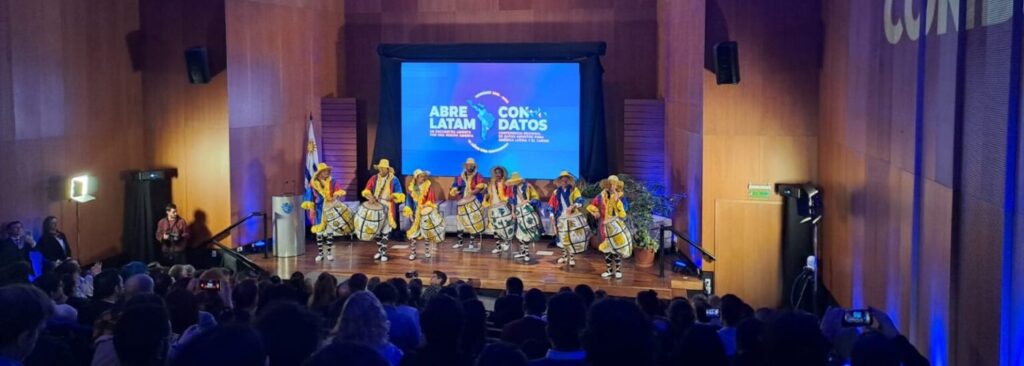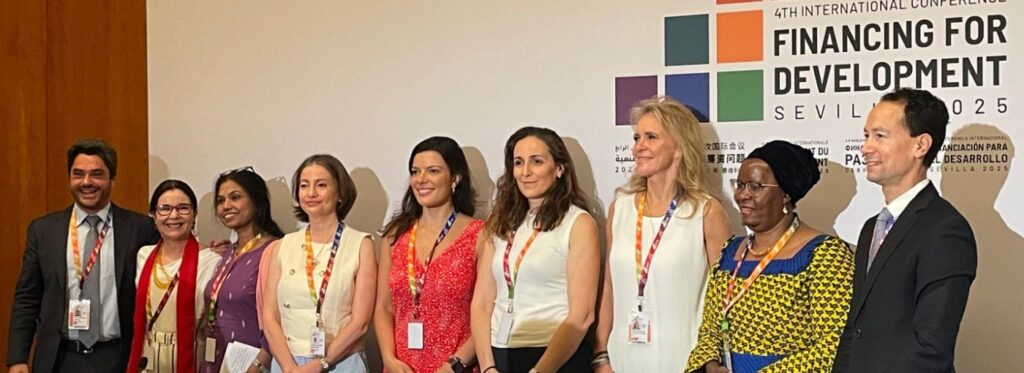Therese Nyirarugo lived with a man who sexually and verbally abused her; but she didn’t want to tell anybody about it. Maybe he would one day ‘change’, she thought. Then she conceived his baby. He chased her away and denied paternity of the child. Haguruka sued him on her behalf. The court ordered that the man must do his part – cater and recognize the child as his. He obliged; he acknowledged the child and it registered under him. He also accepted to pay school fees as well as health insurance. Therese acknowledges the relief it brought her. “I cannot express how happy I am. The heavy burden of paying school fees alone is no longer there and I can now save money for my own progress.”
There is Beatrice Nyirakadari as well. Despite being married, her husband denied her equal ownership and access to their property. Her husband went into the lengths of selling some of their property without her knowledge. Whenever she asked, blows would follow. Consequently, she filed a court case so that the management and administration of their property could be changed to equal ownership (each spouse administering 50% of the property) and both catering fully for the education and upbringing of their children. Haguruka litigated on her behalf. The court ordered for a split of the couples’ property. Beatrice says she is at peace now as she has right to the patrimony, and her husband no longer abuses her. She is grateful to Haguruka for having pleaded for the case.
Therese and Beatrice both work in flower farms. They presented their issues when Haguruka, through the Women@Work Campaign, set up mobile legal clinics at the farms where they work. The two women, however, did not spring out of blue to talk about their issues. Haguruka had beforehand held different workshops in the farm to help women workers better understand matrimonial ownership, labor laws of Rwanda, and how gender-based violence manifests.
While the cases have nothing to do with their workplace, the fact that these women had other issues affecting them affected their productivity.

Mobile clinic approach
Haguruka chose to adopt the mobile legal clinics way of working in order to reach vulnerable women who would otherwise not have easy access to justice services. Women working in horticulture farms often lack the knowledge, time and means to claim their rights. They are also at a high risk to face gender-based violence. Haguruka’s mobile legal clinics focus on gender-based violence and property right cases.
Between March 2019 and May 2020, 167 women received free legal aid services from Haguruka. Depending on the nature of cases reported, some of them were resolved immediately while others required court action. For the cases that needed court representation, Haguruka’s advocates kept in touch with the beneficiary so as to keep them updated on further steps regarding their cases. Approximately 60 per cent were cases related to gender-based violence, 30 per cent linked to property issues and 10 per cent were civil cases. Among them, 27 cases were selected and represented in the courts. From these, Haguruka won 11 cases, lost one case and 15 are still pending in the courts and which have now been slowed due to COVID-19 challenges and restrictions.
A 2018 study by Hivos and Haguruka indicated that women account for 56.5 per cent of workers in horticulture in Rwanda, while their male counterparts are at 44.5 per cent. The research further affirmed that women farm workers play a vital role in economic development of the country, just like men. However, they are more susceptible to gender-based violence both at work and at home.
Haguruka is a Rwandan non-governmental organization and of the implementing partners of Hivos Women@Work Campaign. One of their main tasks in the Campaign was to provide legal advice to women workers in horticulture that faced gender-based violence at home and workplace through mobile legal clinics and legal representation.




